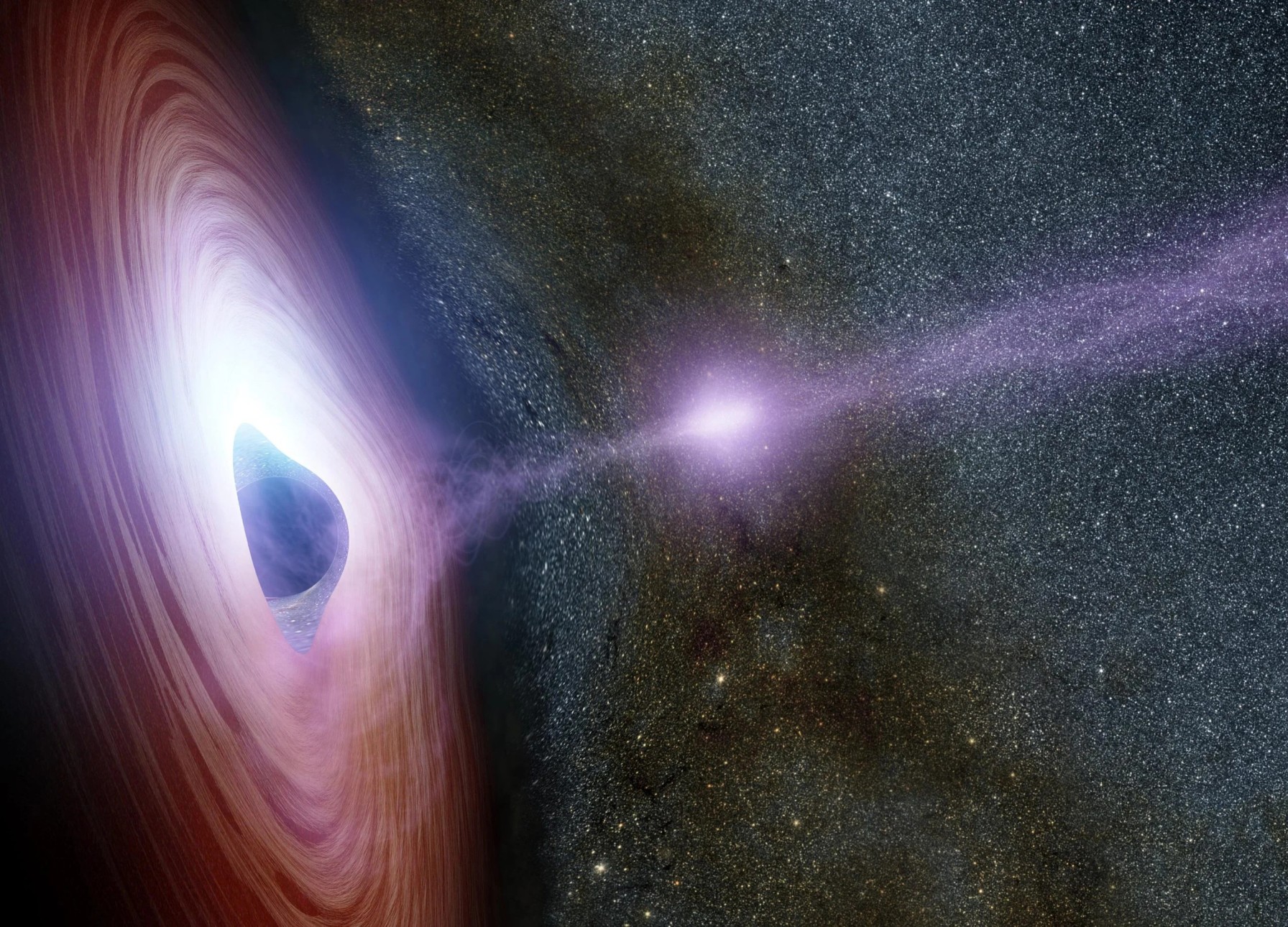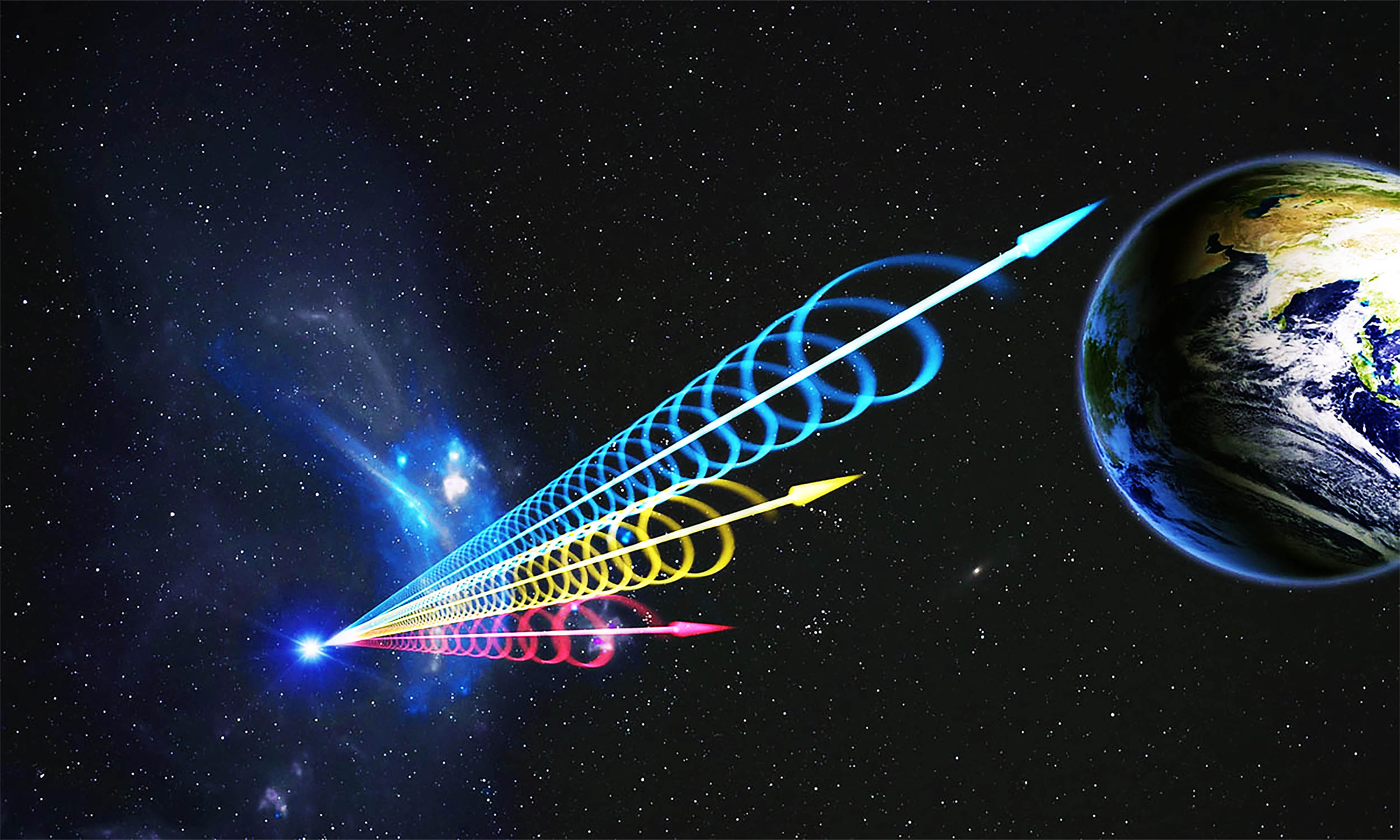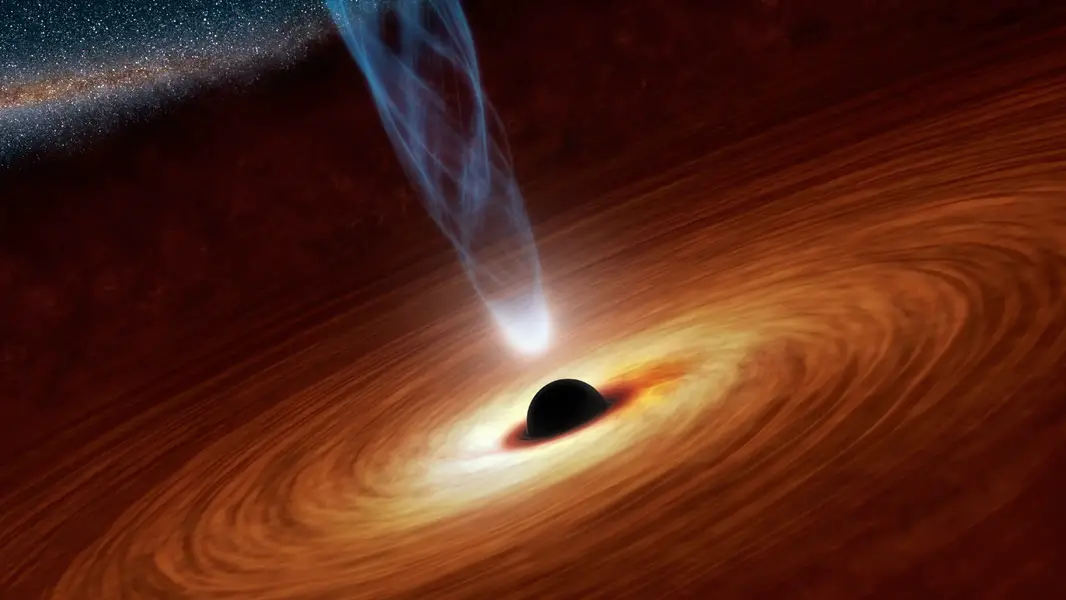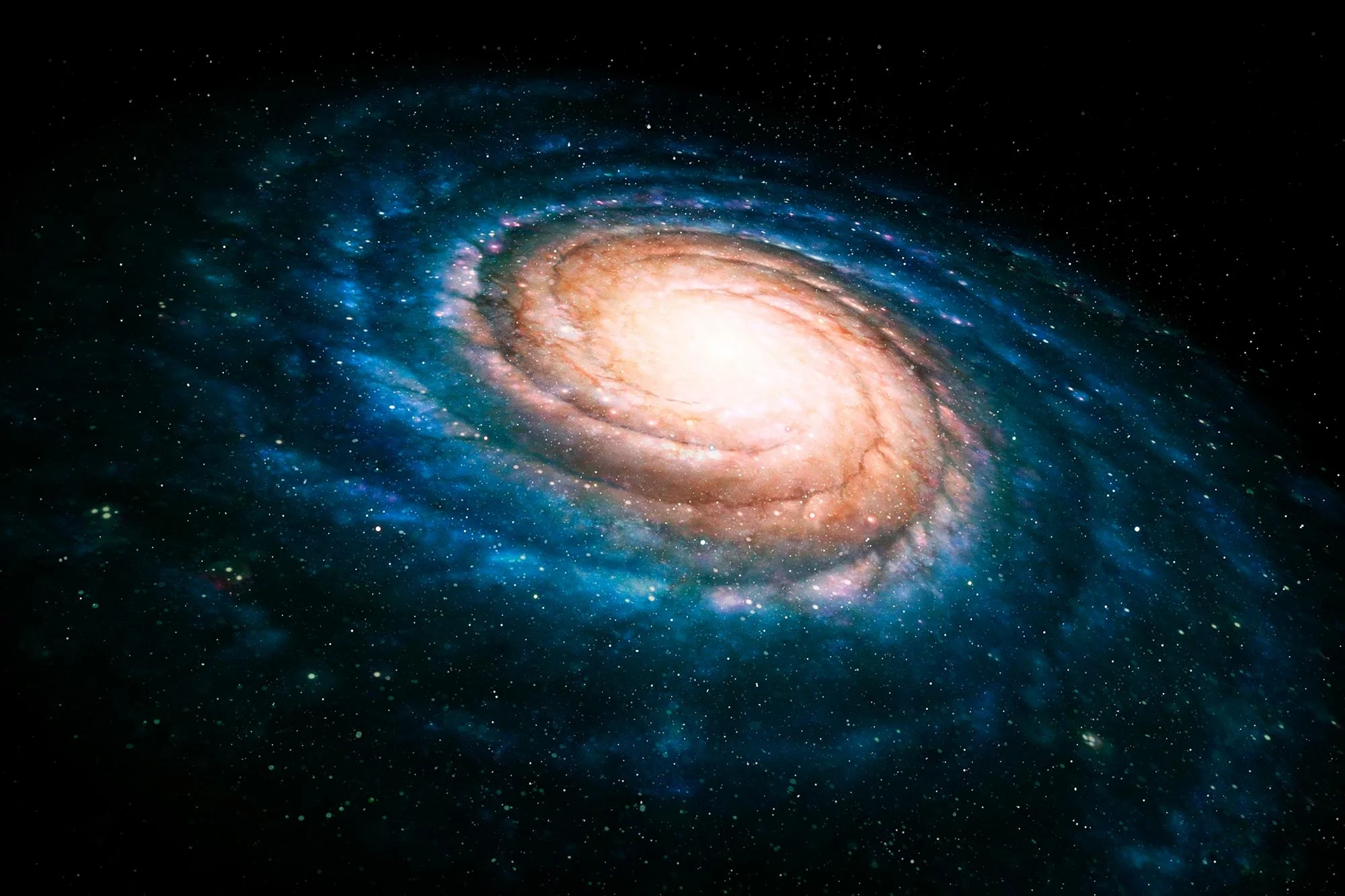Compressing the universe’s matter to the sun’s density would take up about 1.9E+28 cubic kilometers.
If you could compress all the matter in the universe into one corner of space, how much room would it occupy? This is a complex question with no straightforward answer, but we can come up with a reasonable estimate by making a few assumptions about the size, mass, and density of the universe.
Estimating the Size and Mass of the Universe
First, let’s consider the size of the universe. While no one knows the exact size, we will assume for the sake of this calculation that the universe is a cube with sides 30 billion light years long. This gives the universe a volume of around 2.7E+31 cubic light years. Though this is a rough estimate, it provides a starting point for understanding the scale we’re working with.
Next, we need to estimate the universe’s total mass. This is also a topic of scientific debate, but one method estimates that the universe contains about 1.6E+60 kilograms of matter. Different studies suggest different values, but most estimates fall within a similar range. Gathering this much matter into a single space would present some significant challenges, but imagining it allows us to explore the idea further.
What Happens If You Compress All Matter?
Now comes the question of density. To simplify things, let’s assume that we compress all this matter to the density of the sun, which is approximately 1,410 kilograms per cubic meter. For comparison, water has a density of 1,000 kilograms per cubic meter, making the sun’s density only slightly greater.
:max_bytes(150000):strip_icc():format(webp)/darkmatterblobs-56a8cdc33df78cf772a0cd8d.jpg)
If we were able to compress the universe’s matter into a small space without it collapsing into a black hole—a nearly impossible scenario—it would take up an estimated 1.9E+28 cubic kilometers of space. This is a mind-bogglingly large number, but considering the immense amount of matter in the universe, it’s not surprising. However, this compression would likely trigger events far beyond our control, such as the formation of a black hole or even another big bang.
Beyond Imagination: The Limits of Science
The idea of compressing the universe’s matter into a small space serves as a thought experiment, highlighting the extreme scales of mass, density, and volume that the universe encompasses. In reality, the forces involved would make such a compression impossible without catastrophic consequences. Nevertheless, it offers a glimpse into the mind-bending nature of the universe’s size and mass, and the challenges scientists face when attempting to measure or understand it.
While these estimates may not provide an exact answer, they offer a framework for thinking about just how vast and complex our universe really is.




